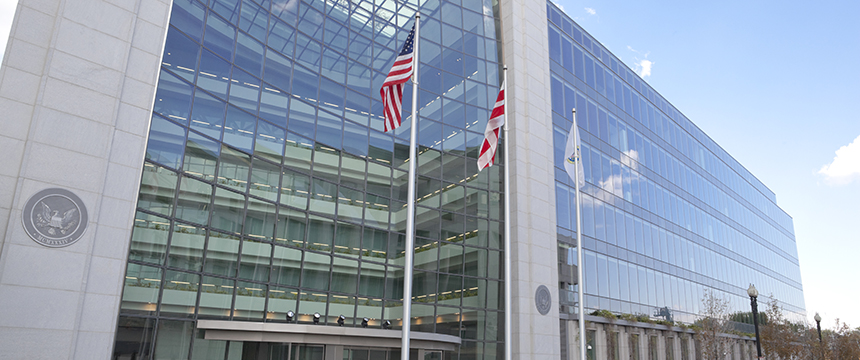SEC Directs Public Companies to Evaluate Disclosure Relating to Russia’s Invasion of Ukraine and Related Supply Chain Issues

On May 3, 2022, the SEC’s Division of Corporation Finance issued guidance through the release of a sample comment letter of public reporting companies’ potential disclosure obligations related to “the direct or indirect impact that Russia’s invasion of Ukraine and the international response have had or may have on their business.” See “Sample Letter to Companies Regarding Disclosures Pertaining to Russia’s Invasion of Ukraine and Related Supply Chain Issues.” The SEC identified the following broad areas as those that reporting companies should consider for disclosure to the extent material or otherwise required:
- Direct or indirect exposure to Russia, Belarus, or Ukraine through:
- Operations;
- Employees;
- Investments in Russia, Belarus, or Ukraine;
- Securities traded in Russia;
- Sanctions against Russian or Belarusian individuals or entities; or
- Legal or regulatory uncertainty associated with operating in or exiting Russia or Belarus;
- Direct or indirect reliance on goods or services sourced in Russia or Ukraine or, in some cases, in countries supportive of Russia;
- Actual or potential supply chain disruptions; or
- Business relationships, connections to, or assets in Russia, Belarus, or Ukraine.
The SEC reminds companies that their financial statements may also need to reflect changes as a result of impacts of the invasion and related operational activities. The SEC further notes that many companies — regardless of whether they have operations that warrant disclosure in Russia, Belarus, or Ukraine — have experienced heightened cybersecurity risks, increased or ongoing supply chain challenges, and commodity price volatility that should be considered for possible disclosure if material or otherwise required to be disclosed.
As examples of possible topics for disclosures, the SEC’s sample comment letter includes a comment requesting companies consider any material business or operational impact:
- Resulting from sanctions, currency exchange limitations, or export or capital controls, including the impact of any risk that may impede the sale of assets, including risks due to sanctions on potential purchasers;
- Resulting from investor, customer, employee, or other stakeholder reaction to the company’s action or inaction relating to the invasion, including the payment of taxes to the Russian Federation; and/or
- That may result from nationalization.
The sample comment letter also directs reporting companies to consider the how these matters affect management’s evaluation of disclosure controls and procedures, management’s oversight of internal control over financial reporting, and the role of the company’s board of directors overseeing risks related to Russia’s invasion.
To the extent it was not clear already, the SEC’s guidance clarifies that the United States government expects its public companies to monitor, react to, and disclose in detail information regarding operational and governance developments stemming from this international conflict. And as the U.S. shifts into an era of heightened political risk, it may be relevant for officers and directors to begin planning for similar disclosure requirements with respect to China. At least one former senior state department official has made a compelling argument as to why China exposure should be a boardroom issue already.
If your company is confronting these issues and you are interested in discussing them further, please contact Mike Walsh, David Simon, Brooke Clarkson, or your Foley lawyer. For specific guidance regarding SEC disclosures for public companies, please contact Jessie Lochmann or a member of the Foley Capital Markets & Public Company Advisory practice. Mike Walsh is the former Chief of Staff and acting general counsel at the U.S. Department of Commerce, where he gained deep experience with the sanctions, export controls, and other economic tools the U.S. government uses for national security purposes, and he has nearly two decades experience representing companies, officers, and directors in complex securities class action cases. Jessie Lochmann is the co-chair of Foley’s Capital Markets & Public Company Advisory Practice with deep experience advising public companies on securities law and compliance and corporate governance. David Simon is an experienced boardroom advisor who has guided boards and management through challenging government enforcement matters. Brooke Clarkson is a securities enforcement practitioner with deep experience advising companies and their management in SEC and other financial regulatory enforcement proceedings.
As the Russia-Ukraine war continues, so too do new business and legal implications for companies around the world. For more information on how to mitigate risk and protect your business, contact a Foley lawyer today. Click here to access all Foley content on the Russia-Ukraine conflict.


